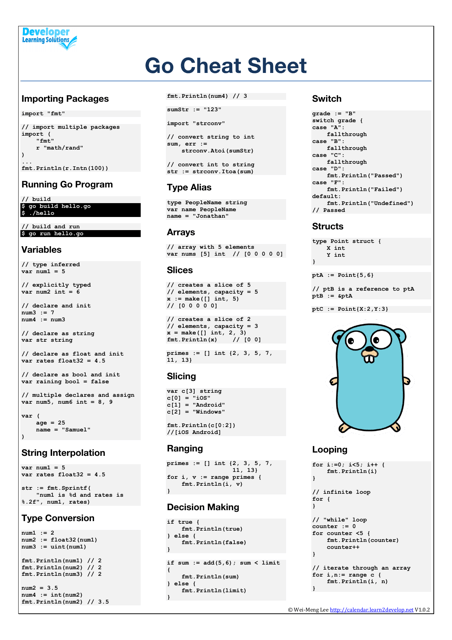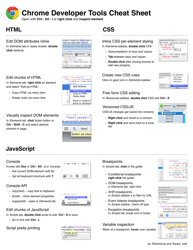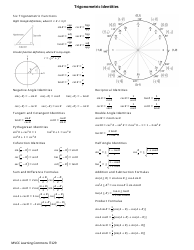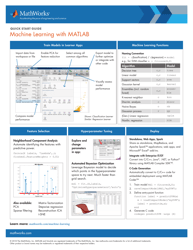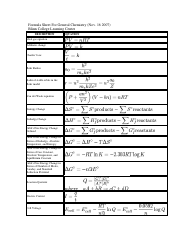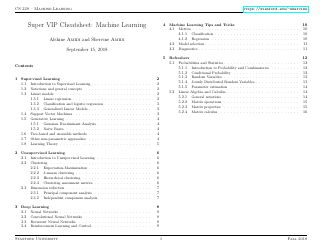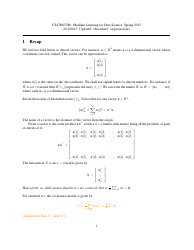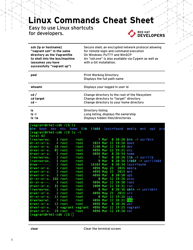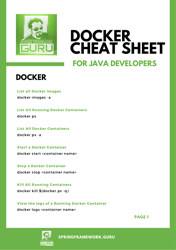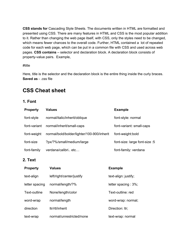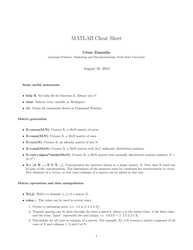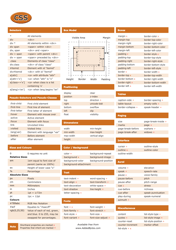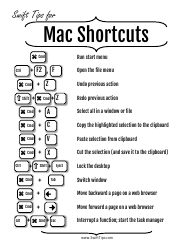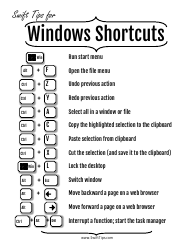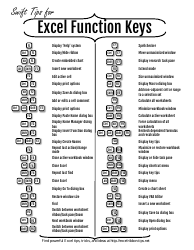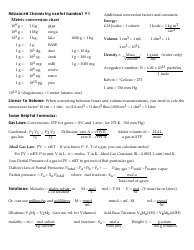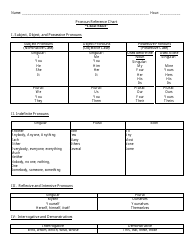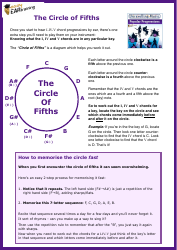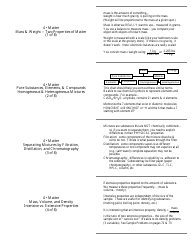Go Cheat Sheet - Developer Learning Solutions
The Go Cheat Sheet - Developer Learning Solutions is a resource designed to assist developers in learning and mastering the Go programming language. It provides a concise and condensed overview of the language's syntax, features, and commonly used commands. This cheat sheet is intended to serve as a quick reference guide for developers looking to acquire or refresh their knowledge of Go.
The Go Cheat Sheet - Developer Learning Solutions is filed by Google, a multinational technology company based in the United States.
FAQ
Q: What is Go?
A: Go, often referred to as Golang, is an open-source programming language developed by Google. It is designed to be efficient, reliable, and easy to use for building scalable and concurrent software.
Q: What are the main features of Go?
A: Go comes with several features that make it a popular choice for developers. Some of the main features include static typing, garbage collection, built-in concurrency support with goroutines, fast compilation, and a simple and readable syntax.
Q: What are goroutines in Go?
A: Goroutines are lightweight threads in Go that allow developers to easily achieve concurrent and parallel programming. Goroutines are managed by the Go runtime and have a minimal memory footprint. They make it easy to write efficient and scalable concurrent code.
Q: How does Go handle garbage collection?
A: Go utilizes a garbage collector to automatically manage memory. The garbage collector automatically frees up memory that is no longer needed by the program, reducing the burden on developers to manually allocate and deallocate memory.
Q: Is Go suitable for web development?
A: Yes, Go has gained popularity for web development due to its fast execution speed and built-in support for concurrency. Go has a strong standard library and frameworks like Gin and Echo that make it easy to build web applications.
Q: Can I use Go for mobile app development?
A: Yes, Go can be used for mobile app development. It has a framework called Gomobile that allows developers to write native mobile apps for both iOS and Android platforms using Go. Go provides good performance, easy deployment, and efficient memory management for mobile apps.
Q: Is Go a good language for beginners?
A: Go is known for its simplicity and readability, which makes it a good choice for beginners. The language has a small set of features and minimal syntax, making it easier to grasp. Additionally, Go's focus on writing clean code and its well-documented standard library make it beginner-friendly.
Q: Can I use Go for machine learning and data analysis?
A: While Go is not as commonly used for machine learning and data analysis as Python or R, it does have libraries like Gonum and Gorgonia that support these tasks. However, if your primary use case is machine learning or data analysis, other languages may have more robust libraries and frameworks available.
Q: Is Go a suitable choice for building microservices?
A: Yes, Go is commonly used for building microservices due to its performance and simplicity. Go's built-in concurrency support and extensive standard library make it well-suited for creating scalable and highly concurrent microservices architectures. Frameworks like Go-kit and Micro provide additional tools and abstractions for developing microservices in Go.
